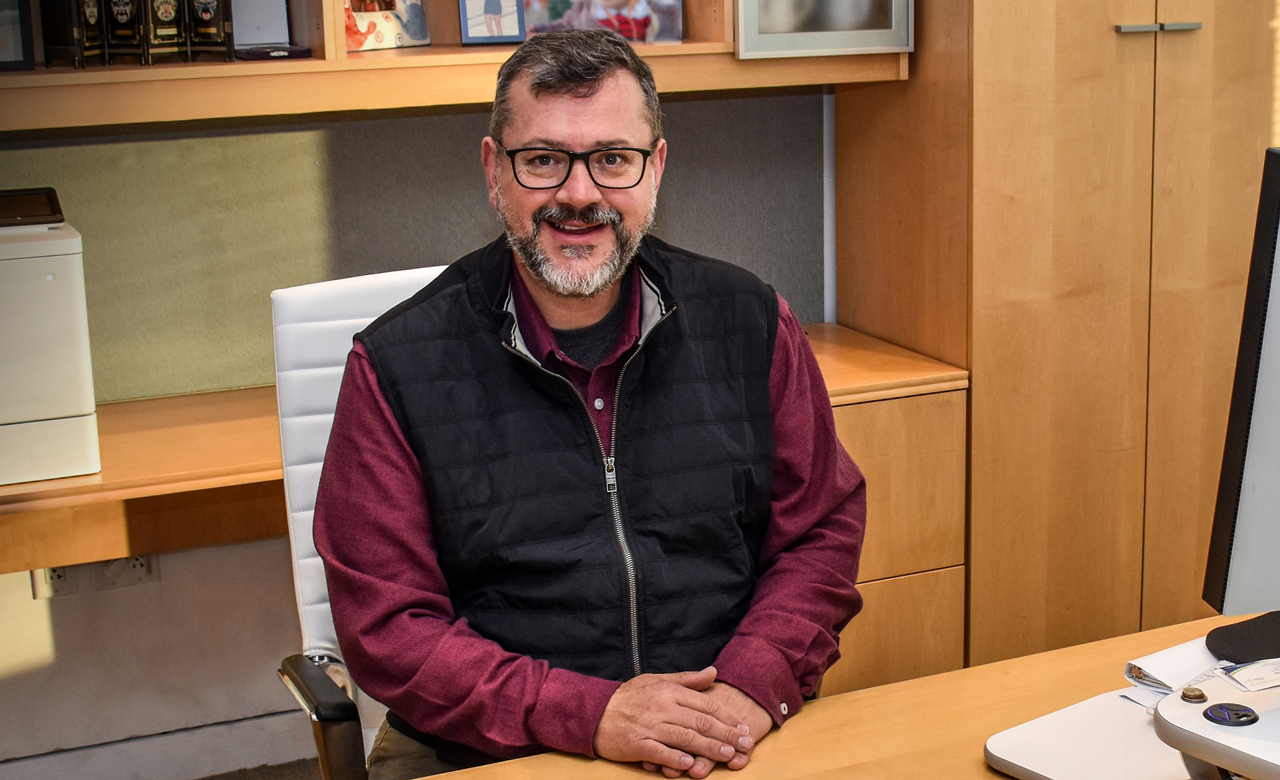Michael D. Hogue, PharmD, FAPhA, FNAP, FFIP, Executive vice president and CEO of APhA
Last year, the Commonwealth Fund published an eye-opening report about the significant shortage of behavioral health care providers of all types. Nearly half of all Americans are facing one sort of behavioral health challenge or another in their lifetime—from anxiety disorders to SUDs to mood disorders to a host of conditions in between. Yet for most of us, finding a provider is next to impossible. It takes over 2 months to be seen in-person for an initial psychiatric consult, and nearly a month for a telehealth visit based upon 2023 data. It’s unacceptable, and policymakers are doing very little to address the issue.

There are no easy answers because treatment of mental health conditions tends to require the engagement of multiple health professionals—psychiatrists and psychologists, licensed clinical counselors, social workers, nursing professionals, and yes, even pharmacists. The Commonwealth Fund, in identifying the challenges and the opportunities to address workforce shortages, failed to acknowledge the over 1,560 pharmacists with Psychiatric Pharmacy Specialty Certification (BCPP) who provide comprehensive medication management for this population. Thankfully, The National Council for Mental Wellbeing Medical Director Institute and others across the country have recognized that pharmacists are critical to addressing this need. The American Association of Psychiatric Pharmacists (AAPP) brings together these professionals, and APhA is proud to support their efforts to gain greater recognition of the specialty.
Nearly every patient with a psychiatric care need receives treatment with medication as a part of therapy. Medication can be one of the most effective interventions when combined with counseling or behavioral therapy. Yet psychiatric medications can be difficult to manage due to multiple factors—cost of therapy, adverse drug effect profiles, drug inter-actions—all of which lead to nonadherence to therapy. Pharmacists are medication experts and the team member re-sponsible for appropriate medication therapy outcomes. It’s not surprising that studies going back well over a decade have found that pharmacists improve outcomes of therapy in psychiatric care and substantially reduce costs for both the patient and the payer.
No one health care provider can solve the mental health crisis. However, federal and state policymakers are not doing enough. APhA calls upon our profession to join us in advocating for increased incentives for health care providers to pursue careers in behavior health fields, including for pharmacists who choose to pursue specialization in psychiatric care. This could include loan repayment programs. BCPP pharmacists should be recognized as providers under Medicare and by state Medicaid programs so that these well-qualified professionals can be put fully in the game to help address this serious personnel shortage.
HRSA and CMS should provide funding mechanisms to support outpatient clinics, universities, and health-systems es-tablishing and growing postgraduate residency programs in psychiatric pharmacy to increase the number of pharmacists who pursue this career path. Schools and colleges of pharmacy should intensify their promotion of psychiatric pharmacy as an important career pathway. Pharmacists searching for a refresh of their careers should seriously consider prepara-tory coursework and hands-on training in this field. We could easily double the number of pharmacists with BCPP certi-fication and still have a shortage of pharmacists in this sector.
Finally, all pharmacists should consider training in mental health first aid and include mental health and well-being as a part of this year’s continuing professional development plans, such as through pharmacist.com.
For every pharmacist. For all of pharmacy. ■